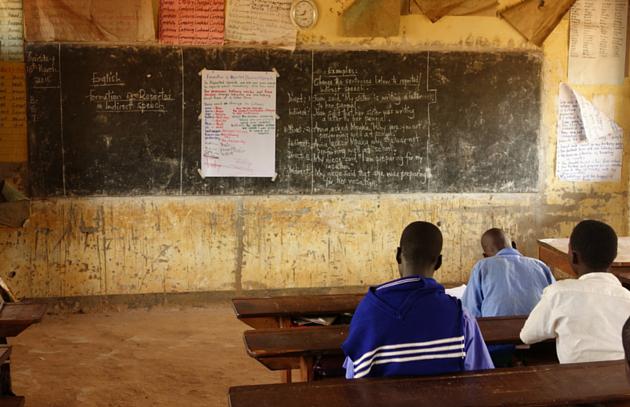El IIPE UNESCO Buenos Aires lanzó la convocatoria para la XIX edición del Curso Regional al cual asisten funcionarios y profesionales de diferentes niveles de gobierno y de diversos países de América Latina y el Caribe y de países africanos de habla española y portuguesa.
Desde sus inicios el IIPE-UNESCO Buenos Aires organiza anualmente el Curso Regional sobre Formulación y Planificación de Políticas Educativas, hasta el año 2015 participaron en el curso más de 420 profesionales y funcionarios de Angola, Argentina, el Estado Plurinacional de Bolivia, Brasil, Chile, Colombia, Costa Rica, Cuba, Ecuador, El Salvador, Guatemala, Guinea-Bissau, Guinea Ecuatorial, Honduras, México, Nicaragua, Paraguay, Perú, República Dominicana, Uruguay y la República Bolivariana de Venezuela.
El Curso Regional sobre Formulación y Planificación de Políticas Educativas está dirigido a:
- FUNCIONARIOS que realicen actividades de generación de información, análisis, formulación, planificación y evaluación de políticas y programas educativos.
- PROFESIONALES que desempeñen tareas en las áreas de investigación, estadística, planeamiento, administración, recursos humanos, evaluación, currículum y desarrollo profesional docente.
- LÍDERES sociales, sindicales y políticos interesados en la temática educativa.
Descargue y lea atentamente el Folleto de Información
Acceda aquí al Sitio oficial del Curso Regional 2016









 Users Today : 24
Users Today : 24 Total Users : 35460407
Total Users : 35460407 Views Today : 45
Views Today : 45 Total views : 3419208
Total views : 3419208